Many precedents have been in place for years in court cases, based on the U.S. Constitution, to help give more protection to the defendant.
However, this could soon change if Chief Justice John Roberts gets his way. The Chief Justice wants to encourage the return of historical court cases so that decisions can be overturned based on constitutional protections. In short, you should be very worried.
Who Is Chief Justice John Roberts?
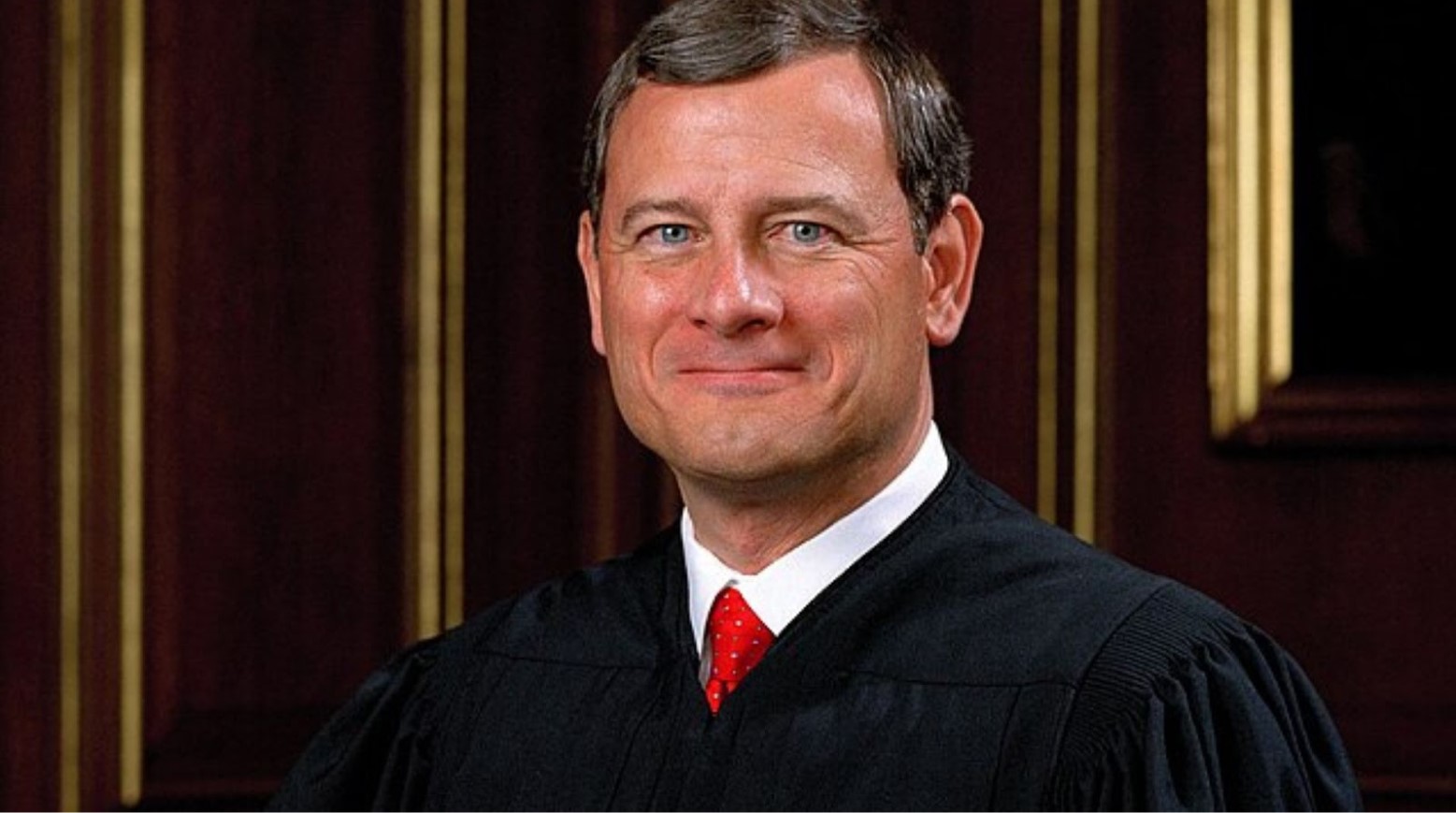
Chief Justice John Roberts graduated from Harvard College in 1976 with an A.B. and Harvard Law School in 1979 with a J.D. He has had a law career spanning almost 50 years.
During that time, he worked in law for various companies and areas before he was finally appointed as the Chief Justice of the United States by then-President George W. Bush in September 2005.
Precedent Is Important
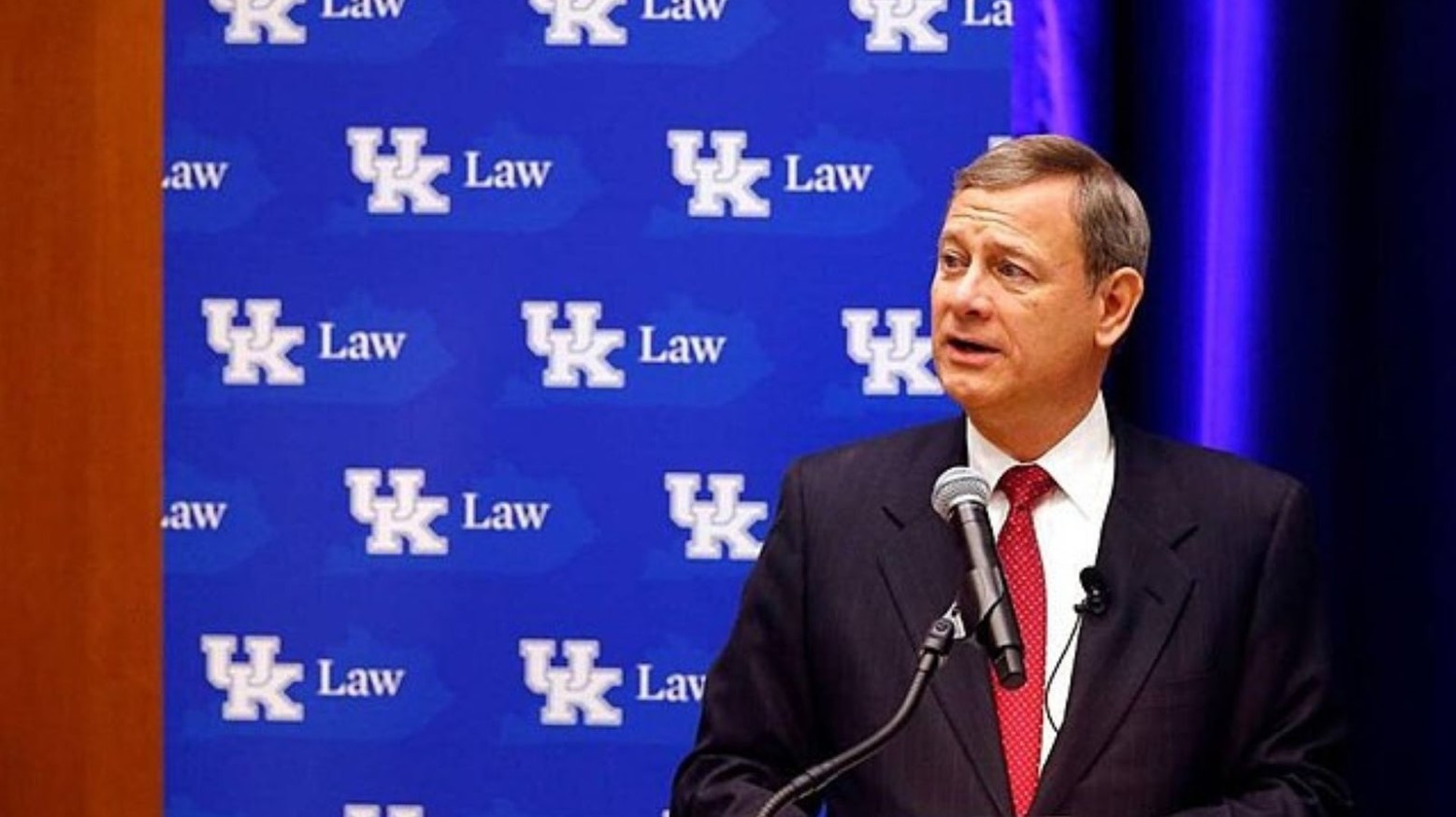
When Justice Roberts was made Chief Justice in 2005, during his confirmation, he made the point that precedent is “important in promoting stability and evenhandedness.”
However, it appears that Justice Roberts’ opinion on precedent has changed in the two decades since that moment. Roberts has been crucial in overturning previous Supreme Court rulings, such as the Roe V. Wade overturn in 2022.
What Is a Precedent?
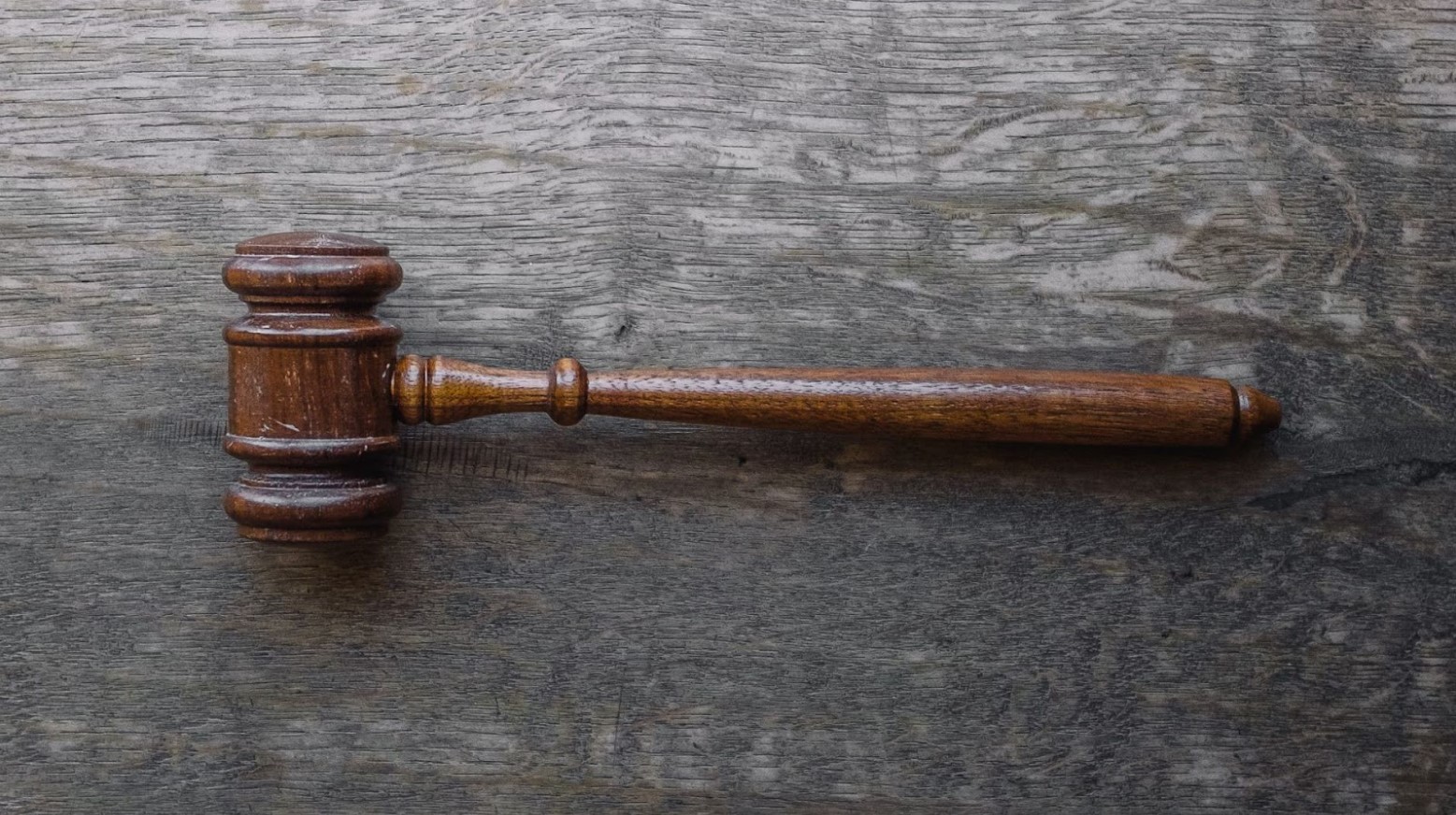
When discussing precedents, it is important to note what this term means. There are two possible definitions, dependent upon whether it is a binding precedent or a persuasive precedent.
A binding precedent is one in which a lower court must abide by a case’s adjudication. This means that the lower court is bound by the higher court’s decision, regardless of whether it agrees or disagrees with it.
Why Legal Precedents Are Important
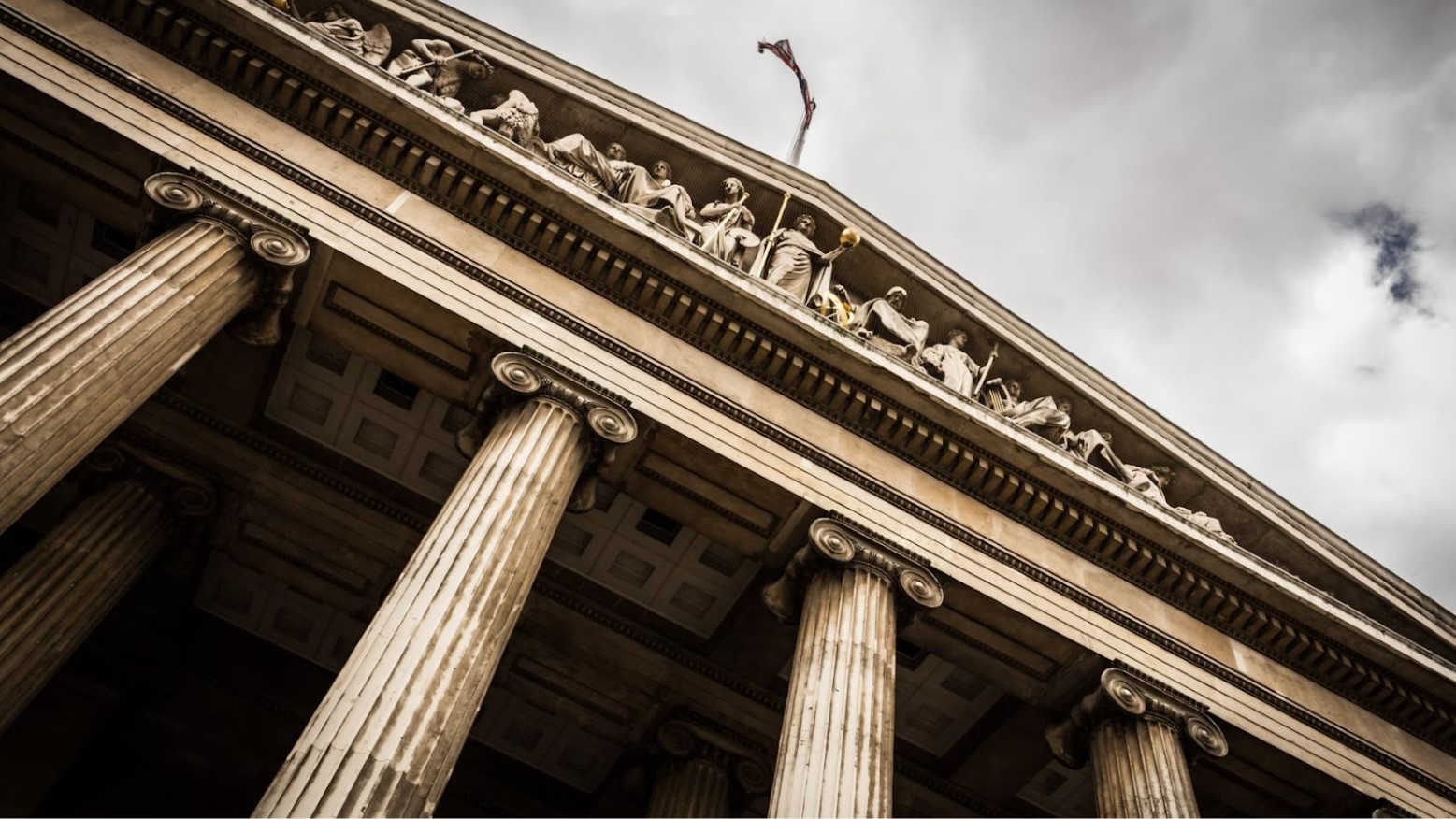
A persuasive precedent is one that a court can, but isn’t required to, rely on when deciding on a case. This includes decisions from courts in neighboring jurisdictions and dicta in a decision by the higher court.
Legal precedents are important because they play a crucial part in jurors’ and judges’ decision-making processes. They also help judicial officers when they refer to similar case laws, as this helps to save a lot of time and scrutinize results in other cases.
Chief Justice John Roberts and Ethics
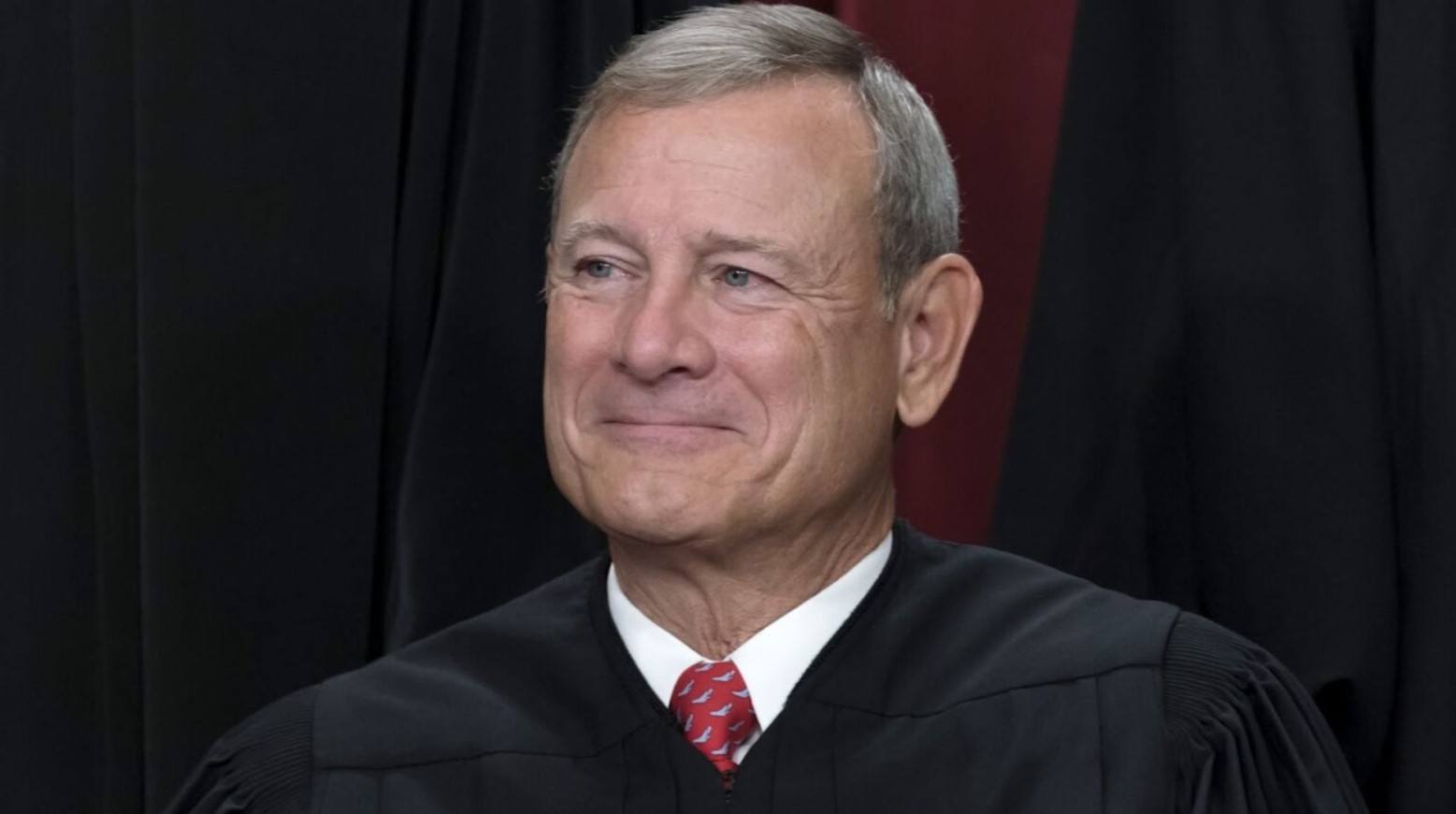
Justice Roberts has recently been criticized for his ethics position. This comes after he was appointed as the presiding officer of the Judicial Conference to investigate Justices Clarence Thomas and Samuel Alito’s ethics scandals.
This is due to the conflicts of interest the pair has with the court cases involving Donald Trump. However, as Justice Roberts reportedly hasn’t made any moves in the investigation, people are starting to question his position on ethics.
Judges Rebel Against the Supreme Court
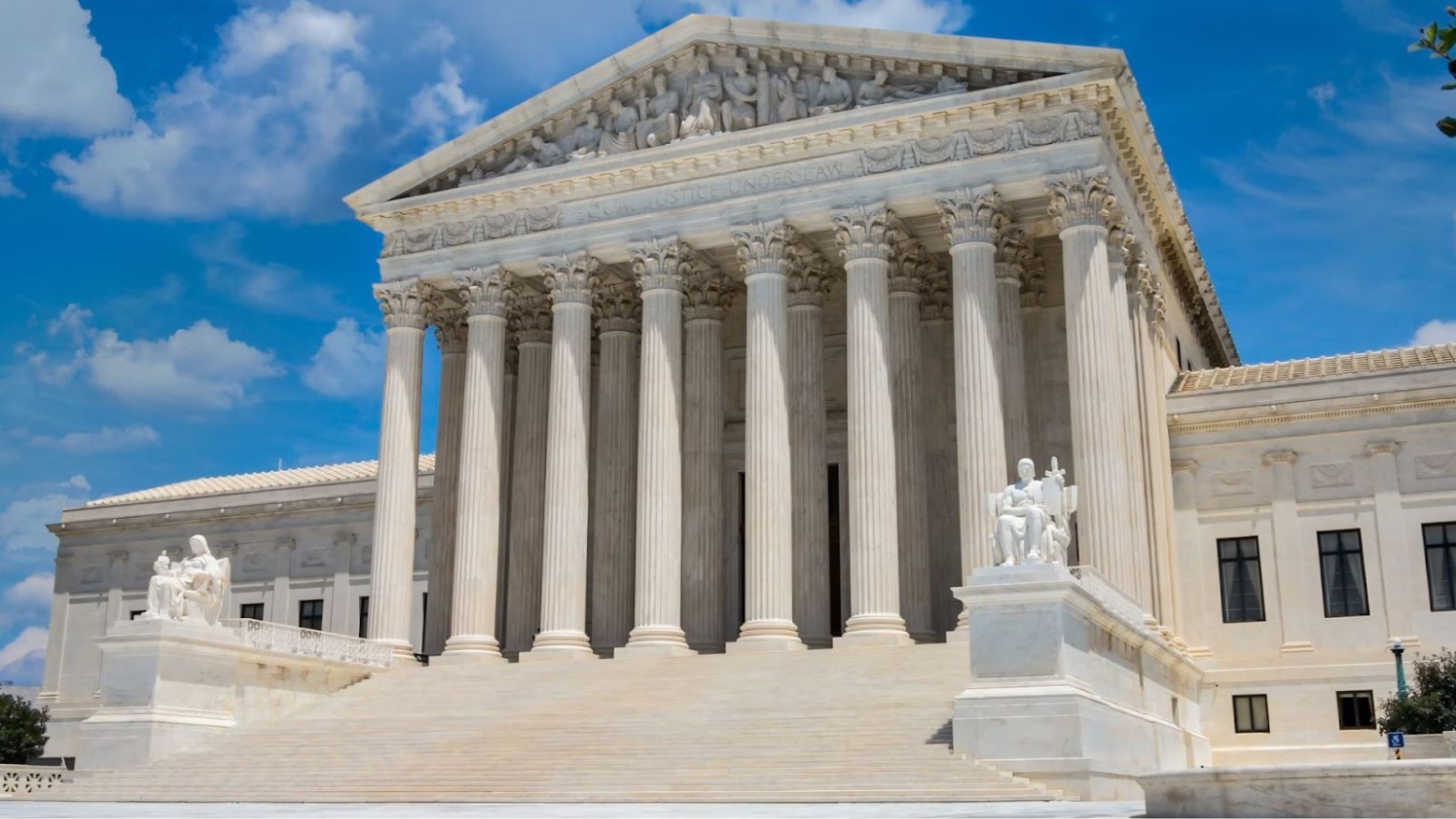
There have been many issues of debate surrounding the Supreme Court recently, but the situation has become so bad that judges have rebelled against it.
The main cause for concern for these judges is the Supreme Court’s position on democracy. Not just judges of one particular political persuasion are concerned; judges from various ideological lines and judicial levels have expressed their concerns.
The Supreme Court Conservative Majority
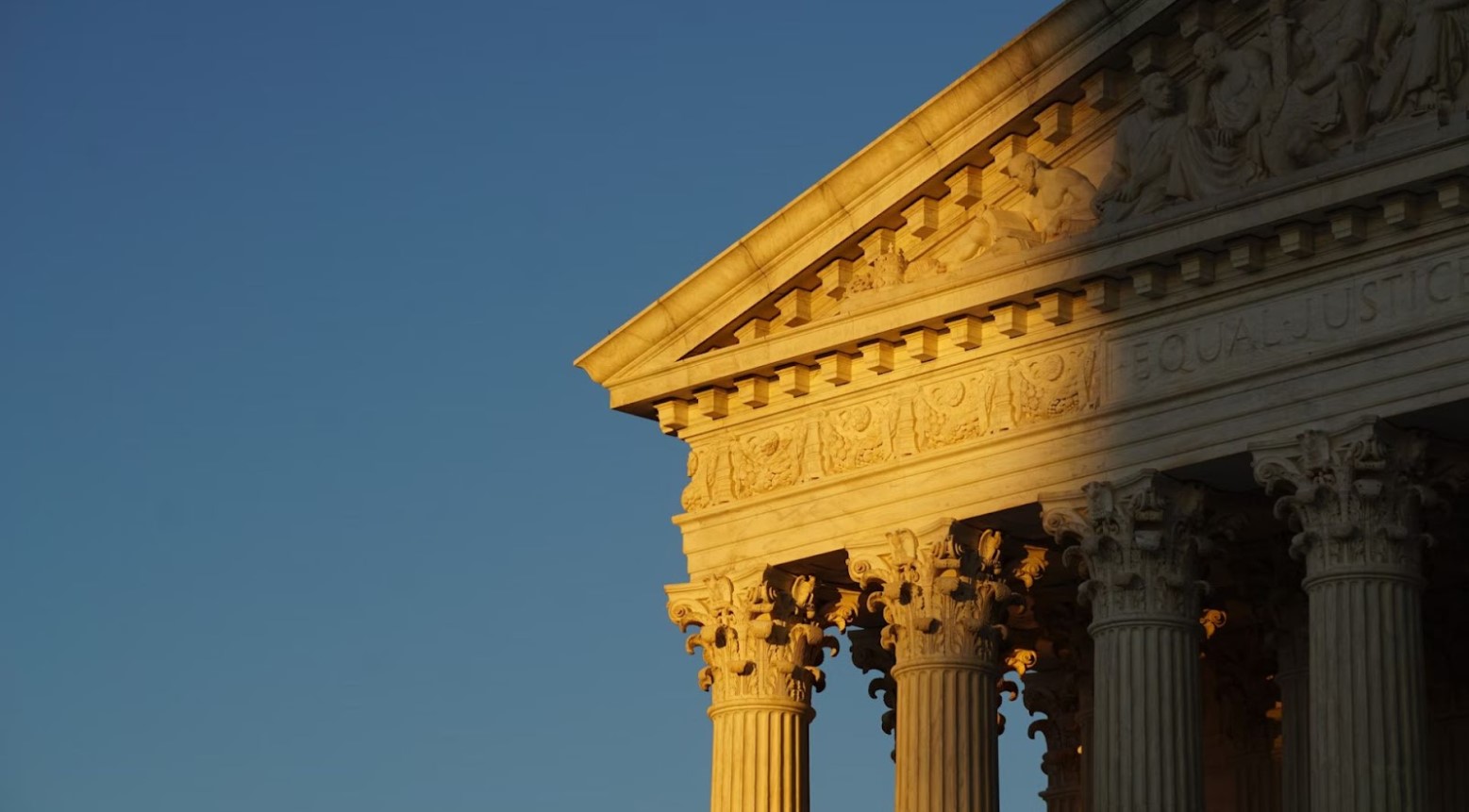
In recent years, the Supreme Court has become a conservative majority, with six conservative justices. These include Justices Clarence Thomas, Brett Kavanaugh, Samuel Alito, Neil Gorsuch and Amy Coney Barrett.
All six Justices are willing to overturn historic Supreme Court decisions that go against their standing. With six conservatives as a majority, it is pretty much a guarantee that these decisions will be overturned and that future court cases will work in their favor.
Overturning the Chevron Doctrine

The Chevron Doctrine precedent was first established in the 1980s in the Chevron USA Inc v. Natural Resources Defense Council, which required courts to use government experts in the interpretation of ambiguous laws.
However, overturning this ruling means that government experts’ opinions will no longer be required in court cases with ambiguous laws, which could have catastrophic consequences for future rulings.
Government Agencies and the Constitution

According to Justice Roberts, the U.S. Constitution assigns the responsibility and power to adjudicate cases and controversies to the federal judiciary, with government agencies not having any control.
This was likely the deciding factor when overturning the Chevron Doctrine because the justices who voted to overturn it didn’t see the point in having this ruling in place if it wasn’t outlined in the Constitution.
Questioning the Supreme Court
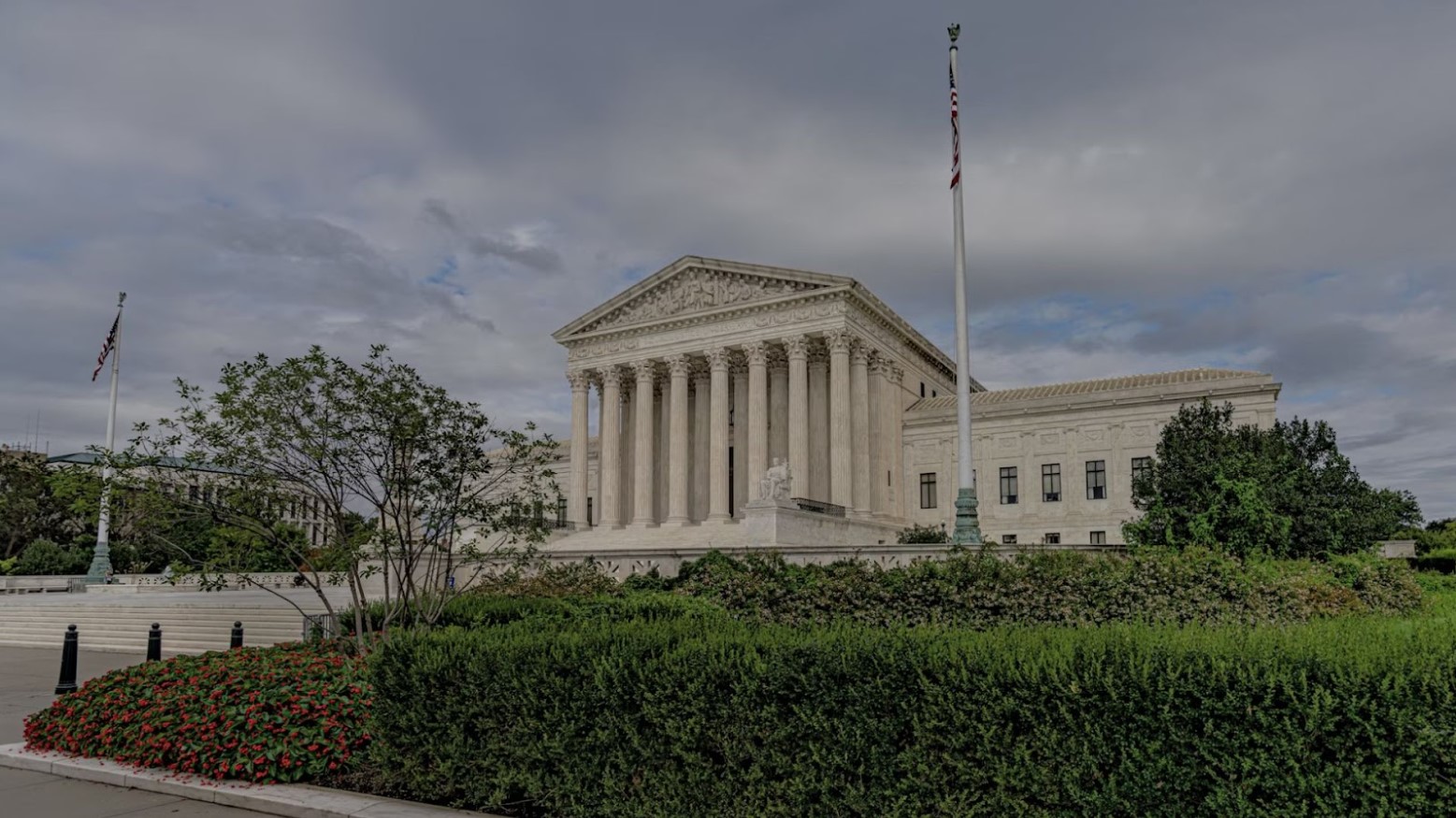
With the recent string of historic Supreme Court rulings being overturned by the current Justices, many have questioned the legitimacy of the Supreme Court and how it works.
However, Justice Roberts has said that because many people disagree with these decisions, it doesn’t give them any reason to question their legitimacy, as disagreements can still happen without the need to question how legitimate something is.
Legitimacy Is Important to the Supreme Court
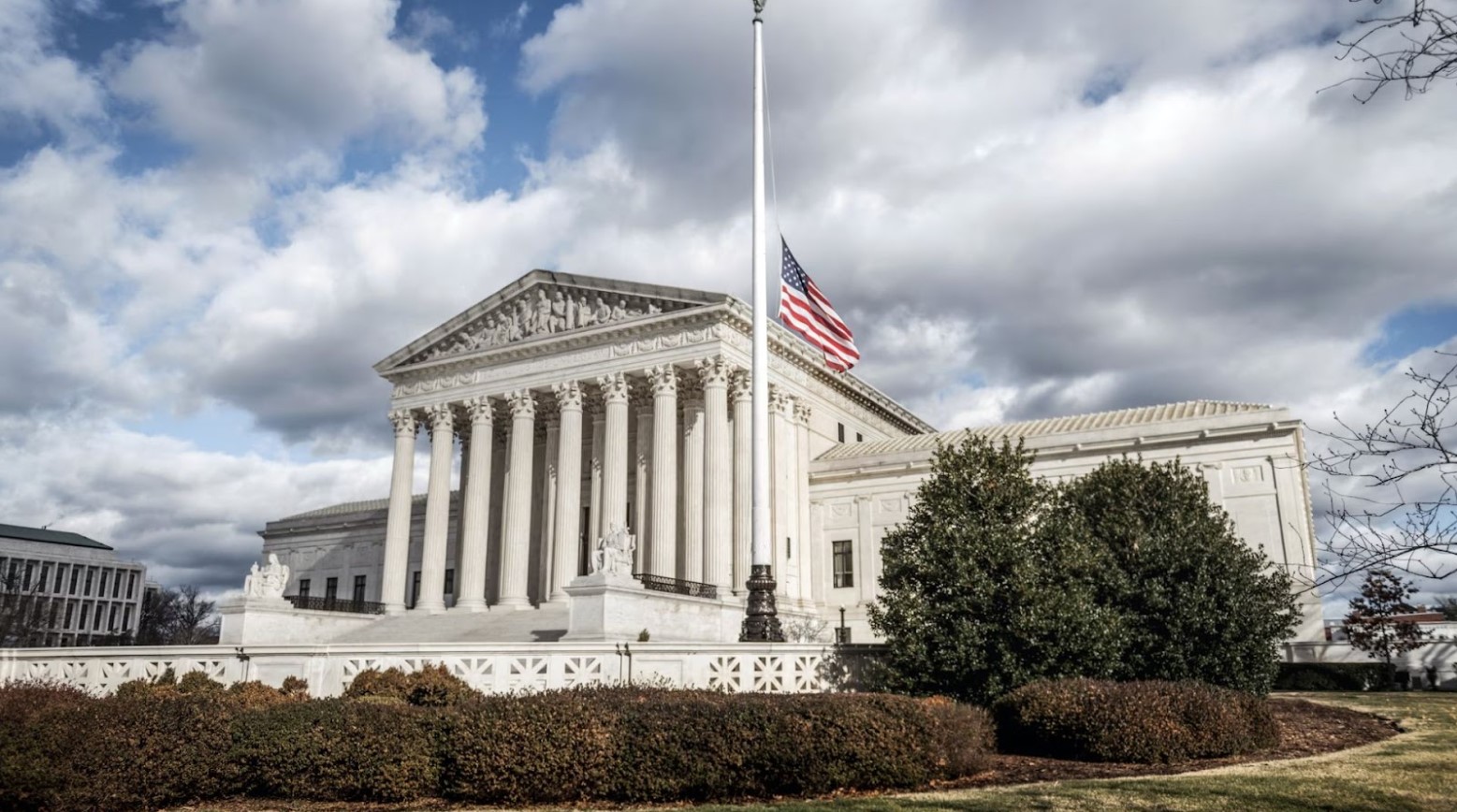
Justice Roberts is able to say that people can disagree with the Supreme Court’s decisions without questioning their legitimacy. However, this questioning is more geared toward bringing up old court cases and overturning them.
Maintaining the public’s faith in the Supreme Court is important because if people start questioning its legitimacy, this will lead to a whole host of problems for future court cases and rulings.
America’s Opinion on the Supreme Court
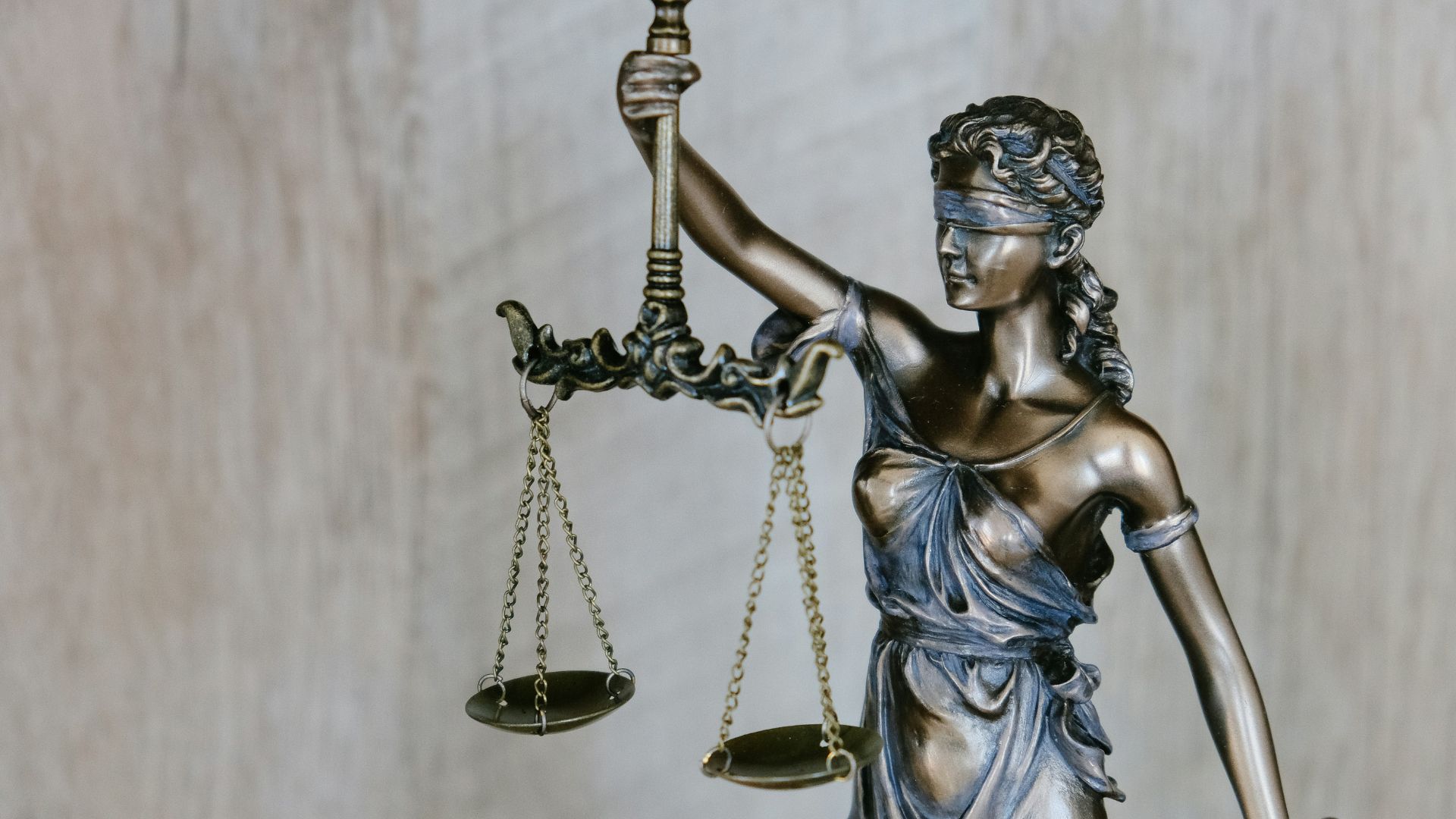
Concern about the court being seen as legitimate in the eyes of Americans is not unfounded.
Last year, Pew Research found that the favorability of the court had fallen to a historical low, with only 44% of Americans expressing a positive opinion of the Supreme Court.
Ideology First
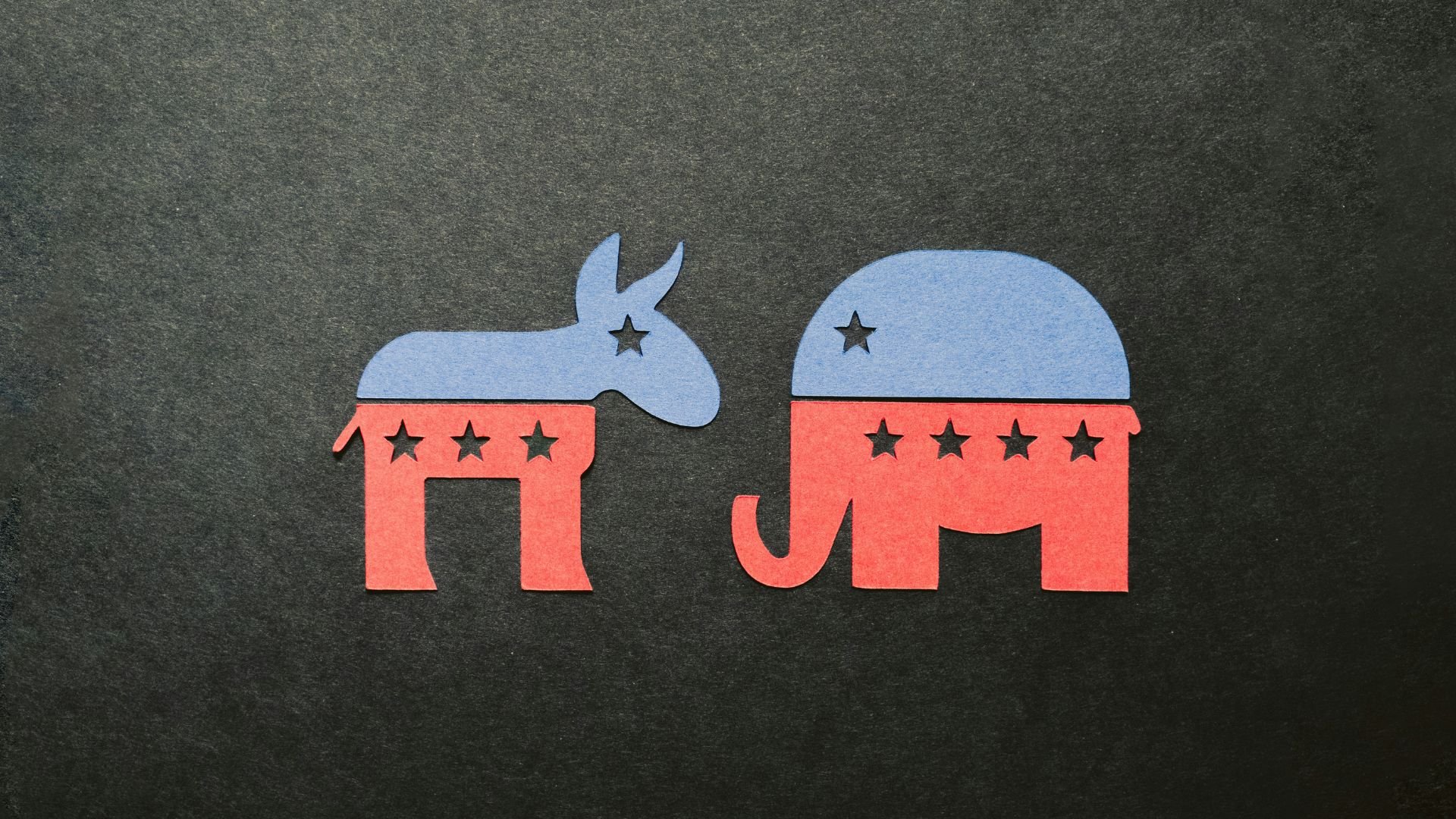
A poll released last month found that as many as 7 in 10 Americans now think that the court justices are more influenced by their idealogy when making decisions.
Only 3 in 10 Americans in that survey said they think justices are fair and partial in providing a check to the other government branches.
Challenging Court Authority

After a recent case granting prosecution immunity to presidents for alleged criminal actions while in office, some politicians felt the court was undermining the system.
In a recent interview with CNN, Massachusetts Senator Elizabeth Warren accused SCOTUS of “actively undermining democracy.”
No Guard Rails

Warren was highly critical of the court and feels that major changes are necessary to bring in back on track.
“Because right now, we have a Supreme Court that has basically jumped the guardrails and is out there giving power to the president, saying that the president can commit any act that the president wants, saying that Congress cannot authorize agencies to act,” said Warren.
Call for Action
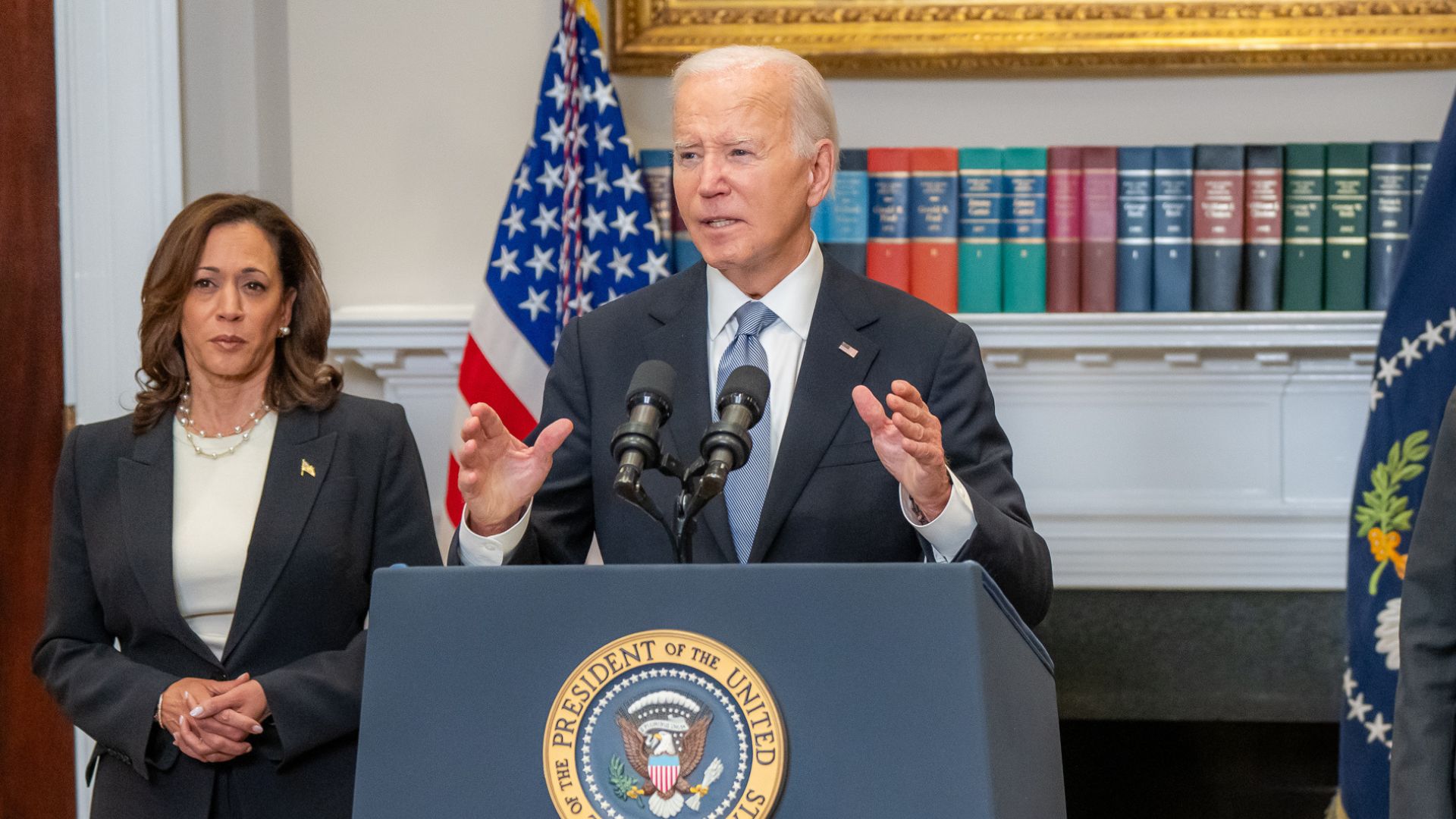
In response to a recent string of decisions that have left some of the court’s critics in fear over the consequences to the country, President Joe Biden published a Washington Post piece detailing significant changes he wants to see the court accept.
“We can and must prevent the abuse of presidential power and restore the public’s faith in our judicial system,” Biden wrote in the piece.
Weak Ethics

Among three major changes that Biden wanted to see the court adhere to was a binding code of ethics because of conflicts of interest that have been making recent headlines.
“The court’s current voluntary ethics code is weak and self-enforced. Justices should be required to disclose gifts, refrain from public political activity and recuse themselves from cases in which they or their spouses have financial or other conflicts of interest,” Biden wrote. “Every other federal judge is bound by an enforceable code of conduct, and there is no reason for the Supreme Court to be exempt.”
Controversies in the Supreme Court
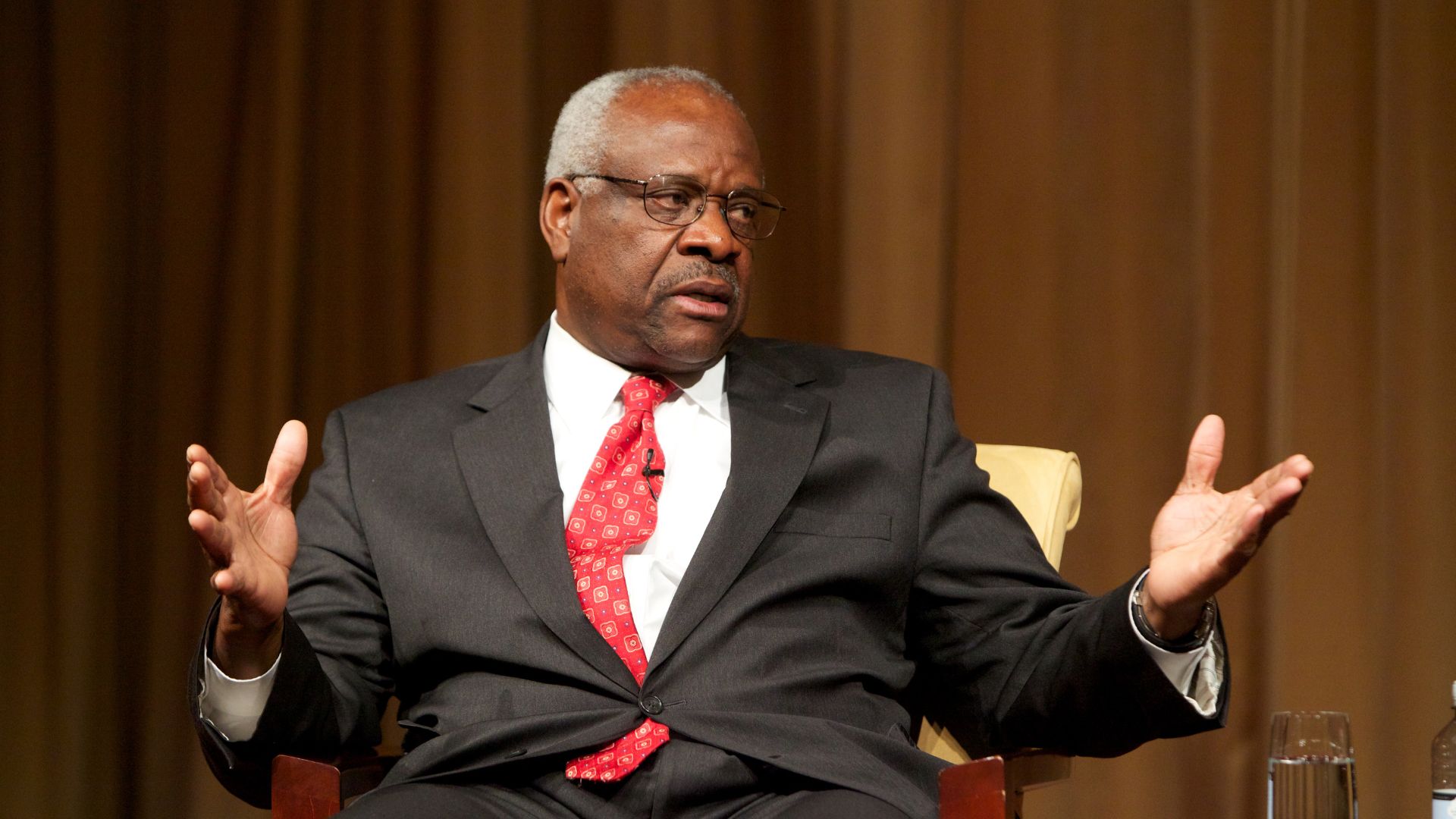
Recently justices on the Supreme Court have faced increased scrutiny over gifts and trips that they got paid for.
Justice Clarence Thomas was recently found to have “inadvertently omitted” previously undisclosed trips from 2019 paid by a Texas billionaire.
Roberts Rebuffs Democrats
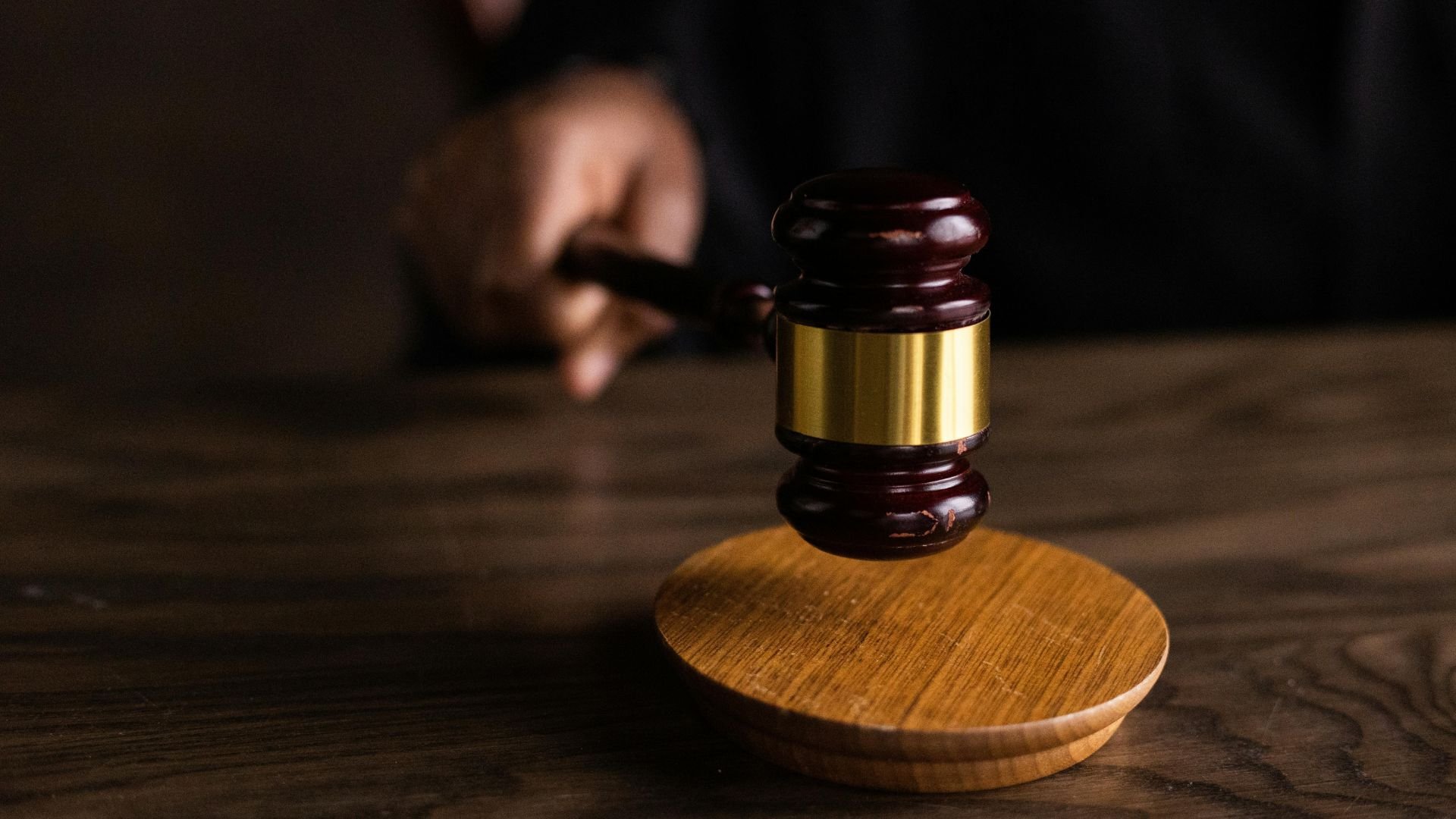
Earlier this year, Chief Justice Roberts had refused calls from Senate Democrats to meet and talk about ethical concerns regarding the Supreme Court.
“I must respectfully decline your request for a meeting,” Roberts wrote in a letter. “Moreover, the format proposed — a meeting with leaders only of one party who have expressed an interest in matters currently pending before the court — simply underscores that participating in such a meeting would be inadvisable.”
MAGA Court

The conservative majority in the current court composition has rubbed Democrats the wrong way, with Senators like Chuck Schumer accusing the Supreme Court of being the “MAGA court.”
“Today is one of the darkest days our country has ever seen. American women are having their rights taken by 5 unelected Justices on the extremist MAGA court, Schumer wrote on X following the Supreme Court overturning Roe v. Wade in 2022. “These justices—appointed by Republicans and presiding without accountability—have stolen the fundamental right to abortion.”
Calls to Recuse
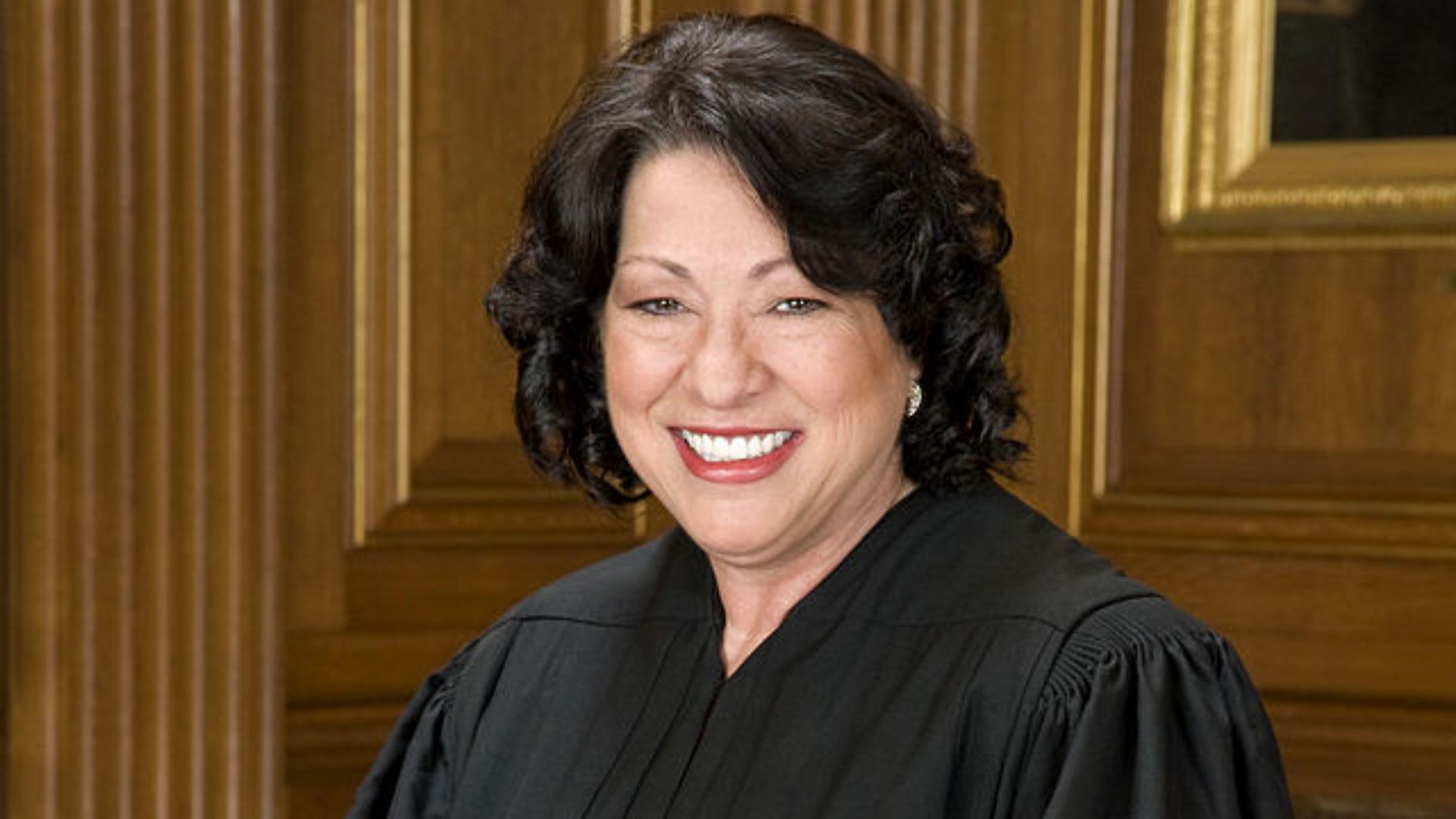
Given the conservative majority and the fact that important cases on the court can be split among ideological lines, Democrats have called for conservative justices to recuse themselves on cases related to former president Donald Trump, who liberal justice Sonia Sotomayor has called now a “king above the law.”
However conservative justices like Clarence Thomas have refused this call for recusal, following court tradition that justices themselves get to decide when to step down from weighing in on cases.
Taking Action
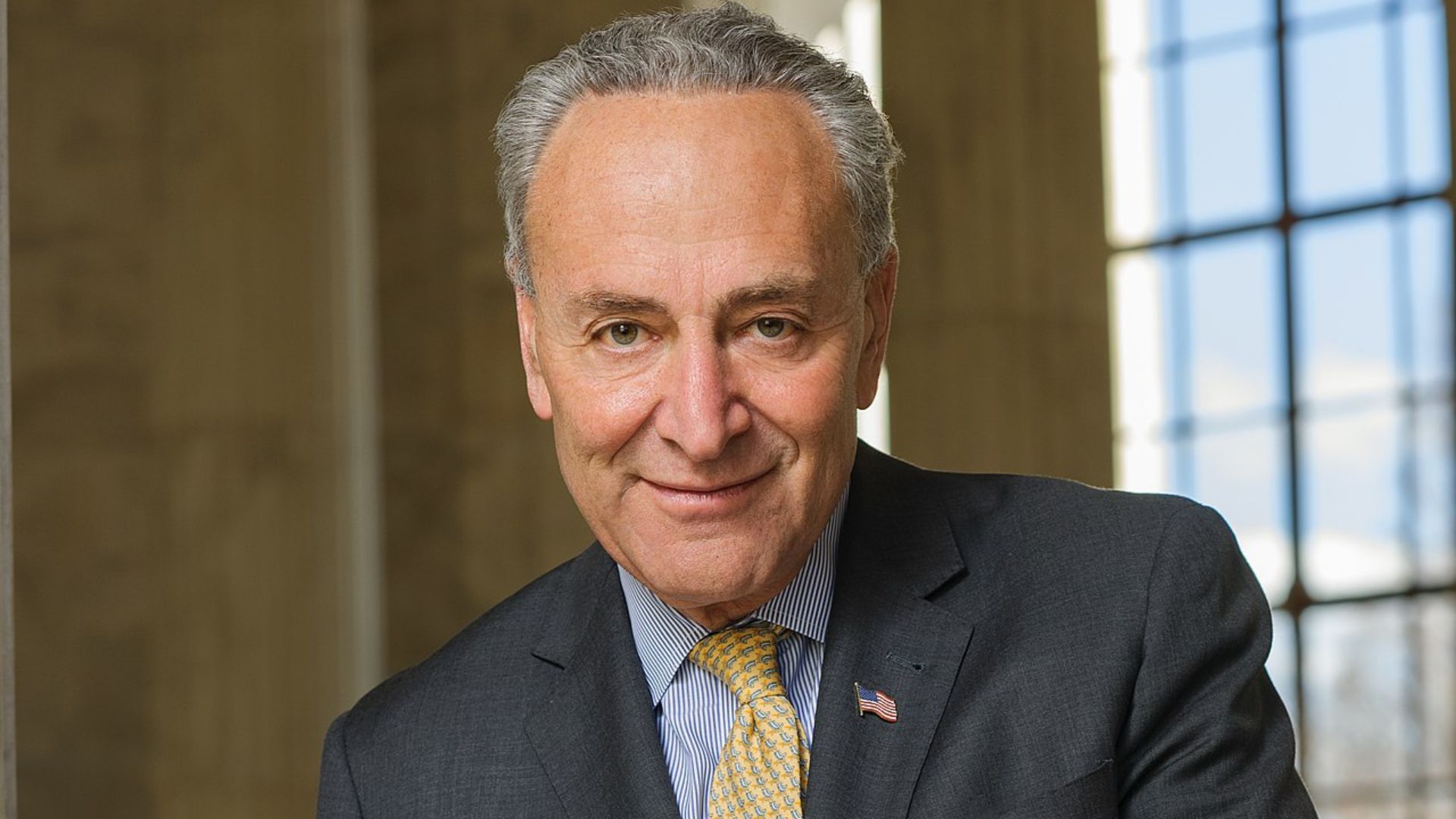
This week, Senate Majority Leader Schumer introduced the “No Kings Act,” which would directly challenge the court’s opinion in the recent Trump case and attempt to reverse prosecutorial immunity for presidents.
“Following the MAGA Supreme Court’s disastrous immunity ruling: I’m introducing the No Kings Act,” Schumer said on X. “This bill would reaffirm that the President is not immune to legal accountability and remove the Supreme Court’s jurisdiction to hear appeals related to presidential immunity.”
Battle of the Branches
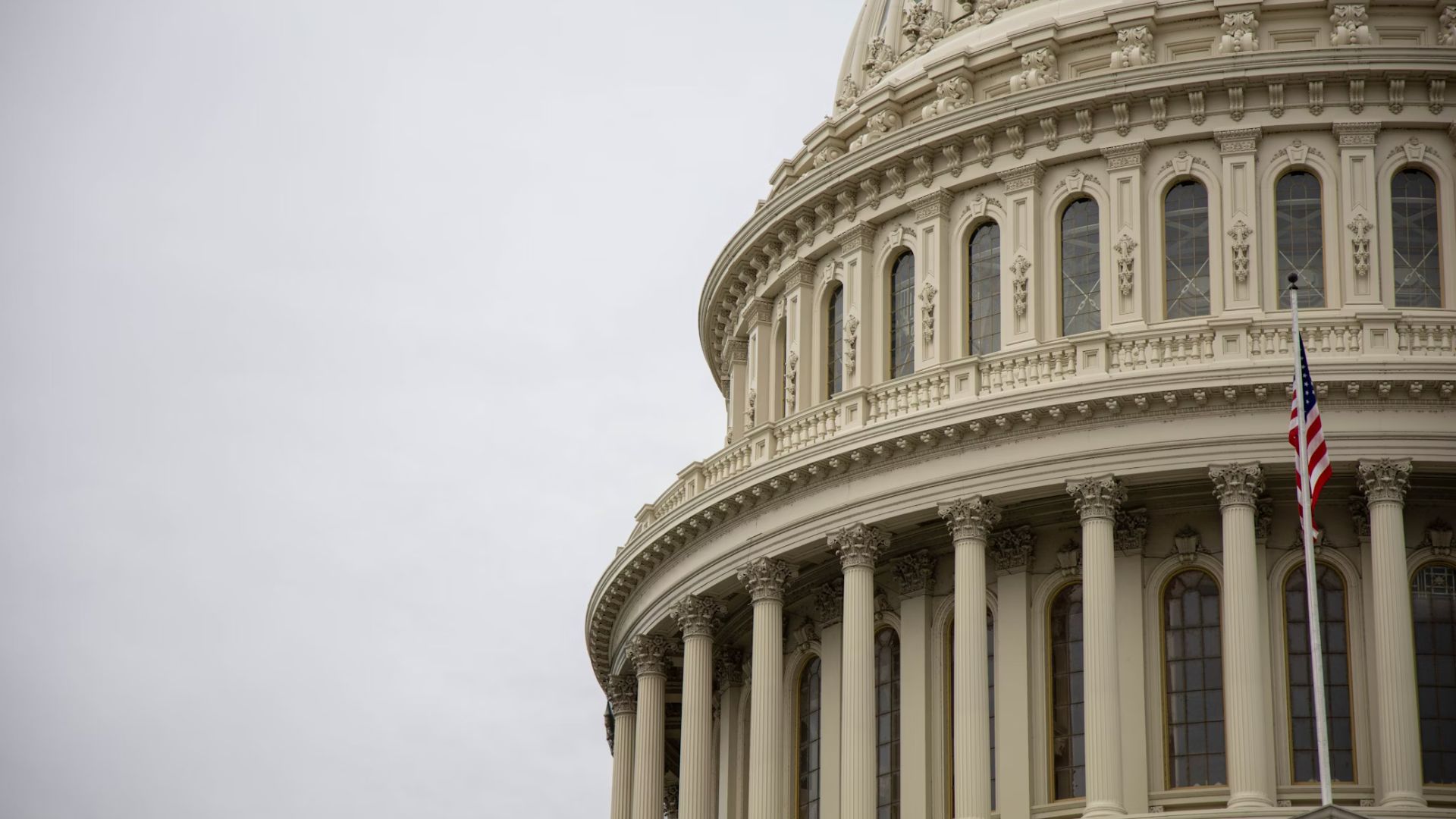
Recent events have pitted the different branches of government against each other in a seemingly unprecedented way.
Each branch is meant to check each other’s power, but it seems like recent moves to overturn long-established precedents seem to be accelerating this conflict.
